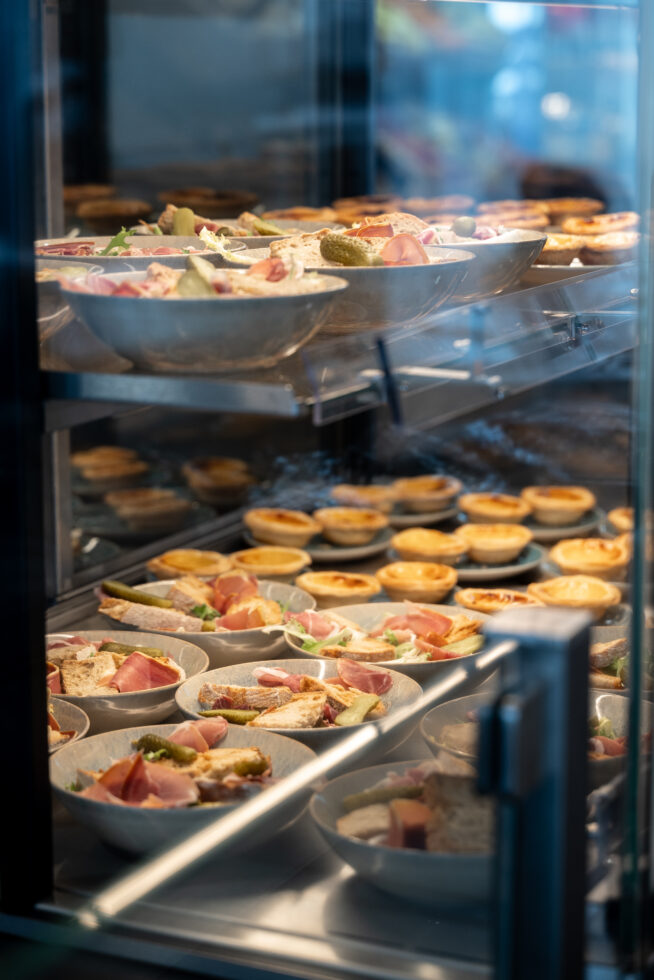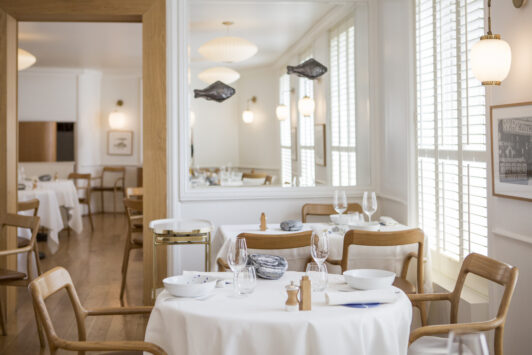School catering
Contract catering is a relatively recent sector compared to the various types of catering that exist. It has developed in response to the accelerated pace of life. While school catering represents a significant portion of the collective catering category, it faces its own unique challenges.
What is scholar catering ?
School catering meets a dual requirement as it maintains a certain nutritional quality of meals for children while also playing an educational role for parents regarding food safety, nutrition, and taste.
School catering involves political and institutional actors with a number of societal debates:
- Importance of balanced nutrition from a young age
- Combating obesity
- Importance of organic and sustainable food
- Integration of local products and short supply chains
Responsibility and funding for school cafeterias vary depending on the educational level. The management of this service for primary schools is the responsibility of the municipal council, for middle schools it falls under the general council, and for high schools, it involves the regional council. Private schools, on the other hand, are self-managed.
The market for school cafeterias is increasingly open to collective catering companies such as Elior or Compass. Indeed, some school administrators, mainly in private schools, prefer to use such services for better economic efficiency.
Depending on the volume of meals served daily in a specific neighborhood or geographic area, some operators prefer central kitchen production. This allows for cost optimization and economies of scale. Once produced, the meals are then delivered either hot or cold, depending on the specifications.

Our best practices
Families’ quality expectations are becoming increasingly demanding for a relatively uniform price per meal. Additionally, the implementation of the E-Galim law imposes strict regulations on catering management, including the sourcing of organic and local products, as well as traceability and hygiene.
Certain fundamental principles for school cafeterias must be adhered to:
- Offer four or five dishes at each meal, including a main dish with a side and a dairy product.
- Vary the dishes served with a certain frequency.
- Serve portion sizes appropriate for each educational level (preschool, primary, middle school, high school, and university).
- Establish suitable rules for serving water, bread, salt, and sauces.
There are several areas for development in school cafeterias:
- Enhance culinary quality and variety by implementing multi-cycle menu planning. This foresight allows chefs to better manage inventory and negotiate more effectively with suppliers.
- Offer frequent and engaging activities for children.
- Ensure nutritional balance.
- Define a service identity for the staff, including attitude and attire.
- Modernize the decor and provide some comfort.
- Maintain a balance between quality and cost to make meals accessible to all families.
- Preserve the educational and social mission of the meal service.
Efforts to combat waste in school catering are also developing as an educational focus. Various initiatives aim to raise awareness among students to reduce waste, such as sorting tables. Organizations like L’Ecole Comestible work with schools to establish sensory, cultural, and culinary discovery workshops, create school gardens, and support cafeteria improvements.
Structural solutions should also be considered to reduce food waste. For example, since fruits and vegetables are among the most wasted products, creating “Salad Bar” stations in self-service university cafeterias could help minimize waste.
The support we offer you
DUCASSE Conseil has been committed for over 15 years alongside players in the collective catering sector to educate, train, create, and rethink catering offers. Aligned with the core values of DUCASSE Paris and its president Alain DUCASSE, DUCASSE Conseil supports those in collective catering, particularly in the school segment, from daycare to high school, ensuring that everyone can benefit from a high-quality, tasty, and balanced catering service.
The quality of catering in educational institutions is crucial for educating children and teenagers about taste. Whether production is on-site or from a central kitchen, the constraints vary, but the goals remain the same: to understand children’s tastes, teach them the importance of a balanced diet, and educate them about taste through variety and the discovery of new flavors.
The main challenge for collective catering services is the creation of plant-based recipes and integrating vegetarian menus into a diet plan that meets the nutritional quality requirements of meals (as specified by the decree of September 30, 2011). DUCASSE Conseil supports you by creating original, seasonal plant-based recipes using legumes (lentils, chickpeas, beans), cereals, eggs, and dairy products. Aiming to offer both young and adult guests high-quality, nutritionally balanced dishes, DUCASSE Conseil provides turnkey, engaging, and innovative plant-based recipes that consider not only nutritional requirements but also your material and budgetary constraints.
For those looking to deepen their skills, we offer chef training programs and restaurant service training. These programs aim to provide foundational skills and knowledge necessary to work effectively in the catering sector and enhance the customer experience.
Contact us for advice and we’ll get back to you as soon as possible!


